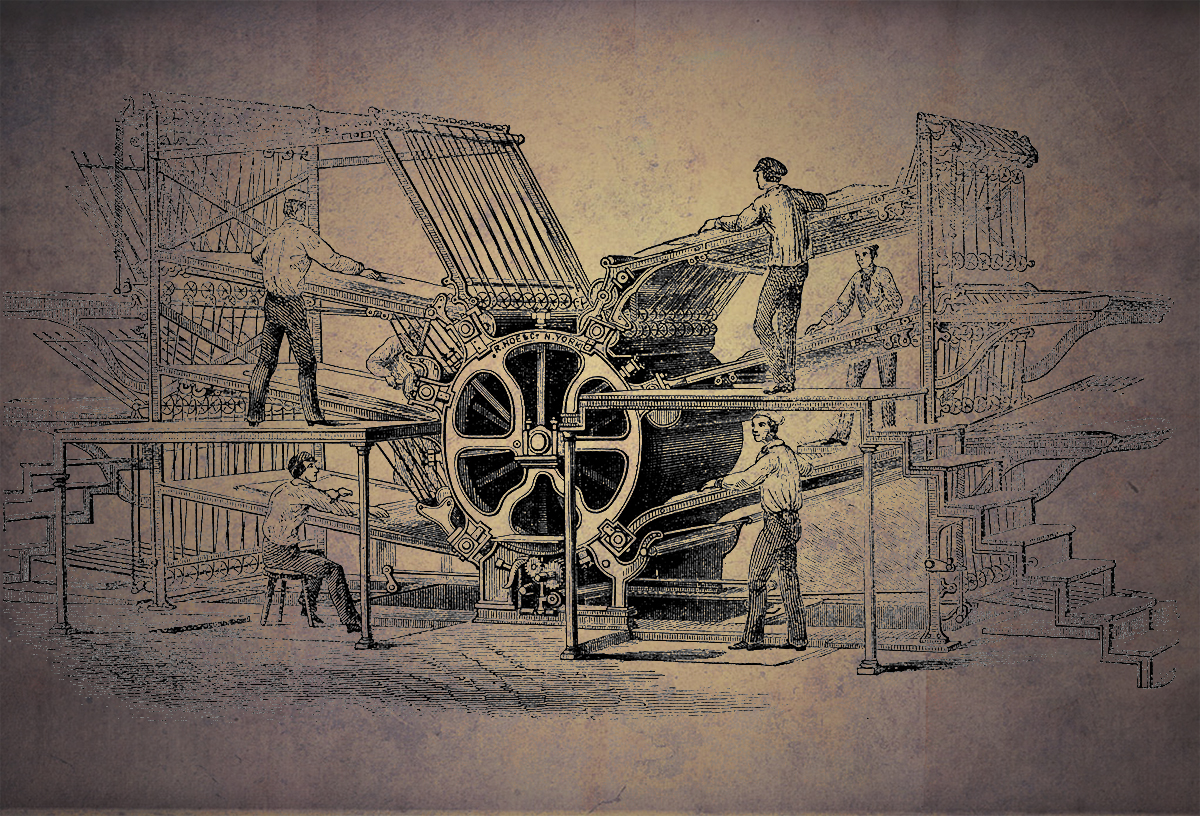Make It Your Own!
Many years ago I read through J.W. Alexander’s Thoughts on Preaching and found it to be one of the most rewarding experiences I’ve had in preparation for Gospel ministry. Recently, I revisited it in order to reinforce what I then considered to be some of Alexander’s more potent meditations. One such idea that impacted my own thinking has to do with making things that you read your own. Alexander suggested that the more mature a mind is the less a man will quote others and the more he will think for himself. This does not mean that he ought to plagiarize others (something that Alexander warns against), but it does mean that the accumulation of book knowledge, combined with Scriptural mediation, should result in originality in the conveyance of truth. Whatever he reads he should make his own. You’ll also find a defense of a minister’s use of Twitter in what Alexander writes (you’ll have to figure that one out on your own). I will now disregard what I’m seeking to promote by citing Alexander himself:
Therefore give yourself more to great topics, especially to Christian topics…topics that promise good to the world. After a man has been a great reader for many years, he ought to repose. He ought to distill his accumulations. He ought to write from his own mind. True, much of what he does so write will be the result of his previous reading, but it will be without rehearsal or quotation. If he belongs to the better order of minds he will quote little, except in those cases in which the very matter of the argument lies in the very words of another. He will think for himself. He will give the results of his learning rather than the learning itself. He will advise himself thus:
“Why should you be so careful to remember what others have said? Of all you have read much has slipped. Well, most of such thoughts are of no value. It were a pity to retain all. The mind acts not as a coffer, but partly as a sieve, and more as an alembic. Your book-knowledge, even if not increased, would furnish abundance for many works. Do not give way to the error of being afraid of saying plain and simple things, so they are true, reasonable, and logically knit. Consider Daniel Webster. The greatest and most useful sayings are simple. Your thoughts seem more commonplace to others than to yourself, for an obvious reason.”Try every day to repeat to yourself some solid truth, if possible some new one. But true rather than novel. Fix the truth in your mind, as something really attained and immovable. Deduce from it other truths, but with caution. Shun haste and paradox. Go to the highest principles. Bo not so much concerned about the laws of thought as about truths, the matters of knowledge.”Avoid vexing, plaguing cogitations. Those are often the best thoughts which have been wrung out with the knit brow. There is a spontaneity in thinking. We do not so much create the stream as watch it, and to a certain extent direct it. This is the reason why great thinkers do not always draw themselves out; rather the contrary. Placid, easy philosophizing brings the abundant fruit. Let the thread sometimes drop. You will find it again at the right moment. In this, meditation differs from book-learning, which is necessarily wearing.”
“The Scriptures furnish the best materials for thought. They stimulate the soil. They secure the right posture of mind for calm judgment and even for discovery. They correct error. They give positive conclusions. They promote holy states which are favorable to truth. They prevent trifling reasonings, by keeping the mind constantly in the presence of the greatest subjects.”1
1. J.W. Alexander Thoughts on Preaching (New York: Charles Scribner, 1861) pp. 62-64




